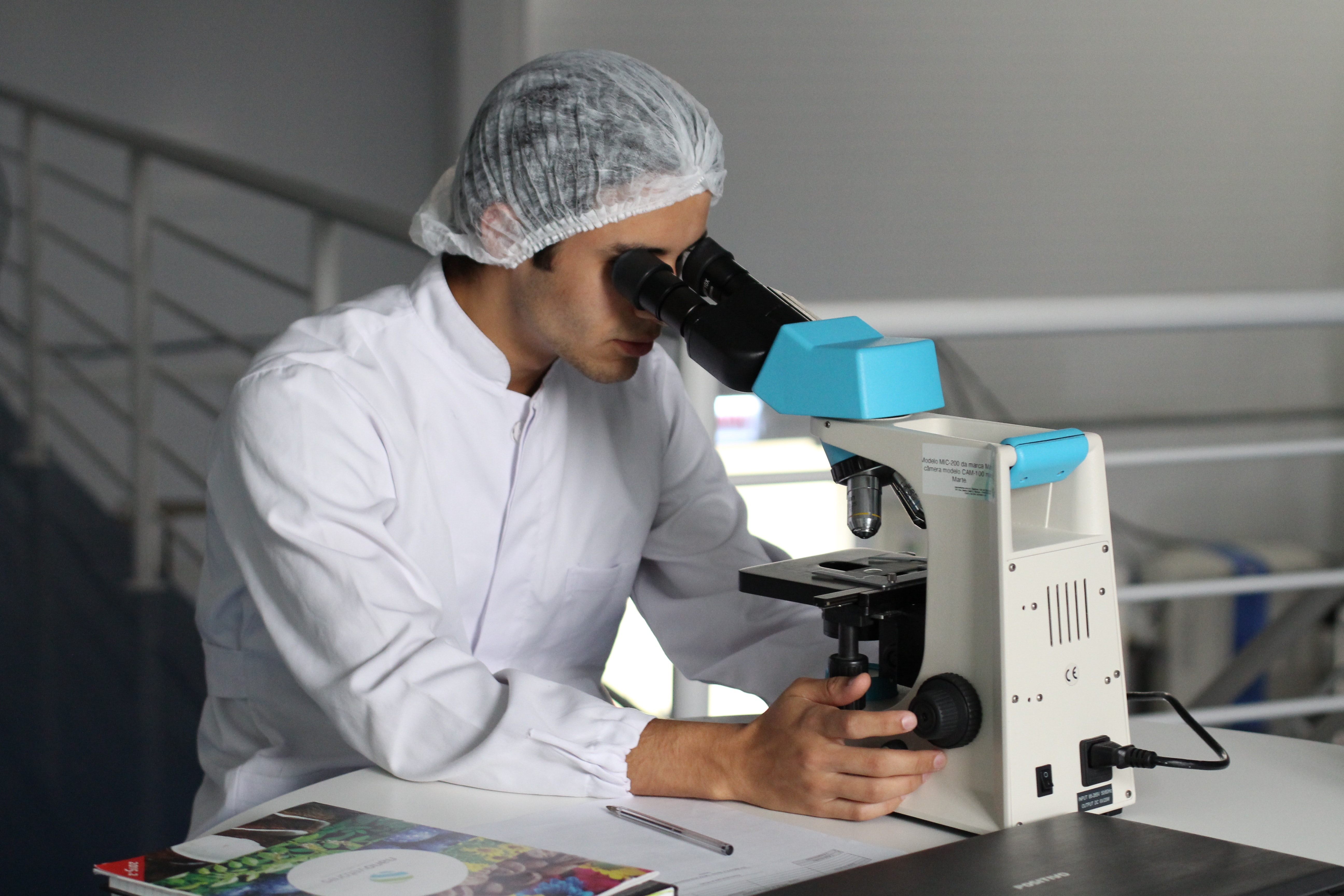SHARES

HIV vaccine is a global priority. HIV is still very much rampant, infecting over 37 million people worldwide killing nearly 35 million since the 1980s. Every year, nearly 1 million people die from HIV-related causes. While there has been remarkable progress, yet there is still no vaccine to prevent HIV.
The virus continues to infect 1.7 million every year around the world. Primarily, because it evolves so rapidly in the body, HIV virus is especially difficult to overcome using conventional antibodies.
Power In Numbers
Leveraging on CRISPR, a technology that allows editing of genes, we have a powerful tool to “change” the biological world. The way it works is that CRISPR can locate specific DNA in a cell. Here the CRISPR protein Cas9 enzyme acts like molecular scissors, capable of modifying DNA sequence and gene functions.
As a matter of fact, in response to invading bacteria or viruses, the immune system produces B cells. These immune cells design antibodies against foreign invaders. A new study in Nature Communications publication showed that it was possible to reprogram the antibody genes of B cells, using CRISPR. So, these gene programmed B cells would produce the same broadly neutralizing HIV antibodies present in rare HIV patients.
HIV Vaccine Hope in Sight
HIV vaccine researchers started to focus on using gene altered immune cells from HIV patients. The idea is to prompt the production of neutralising antibodies against the HIV virus, by first experimenting on mice.
The research demonstrated that CRISPR genetically modified B cells were able to produce three antibodies which could neutralize and stall the HIV virus found in rare cases. These immune B cells could successfully respond with broadly neutralizing antibodies — also called bnabs — that can prevent HIV infection.
This study also shows that after re-introducing these engineered B cells to the body, they multiply in akin to response to a vaccination. Not only that, they mature into memory cells and plasma cells that produce high levels of protective antibodies for a long period of time in the body too.
From the research, the team demonstrated that immune B cells can be improved with engineered genes. They are capable of making antibodies that are even more effective against the virus, mimicking the same natural immune response that normally occurs in B cells to immunization.
Principal investigator James Voss, PhD, of Scripps Research hopes that this vaccine approach may someday prevent new HIV infections and possibly offer a functional cure to those who already have HIV/AIDS.
Find a GP/Family Doctor and Infectious Disease Specialist in Malaysia, on GetDoc
Find a GP/Family Doctor and Infectious Disease Specialist in Singapore, on GetDoc

by Yashwini Ravindranath
Born & raised in Malaysia, Yashwini earned her M.D. studying in Moscow's Russian National Research Medical University. With an affiliation towards research, all things coffee and the startup ecosystem, she now contributes articles to GetDocSays View all articles by Yashwini Ravindranath.




